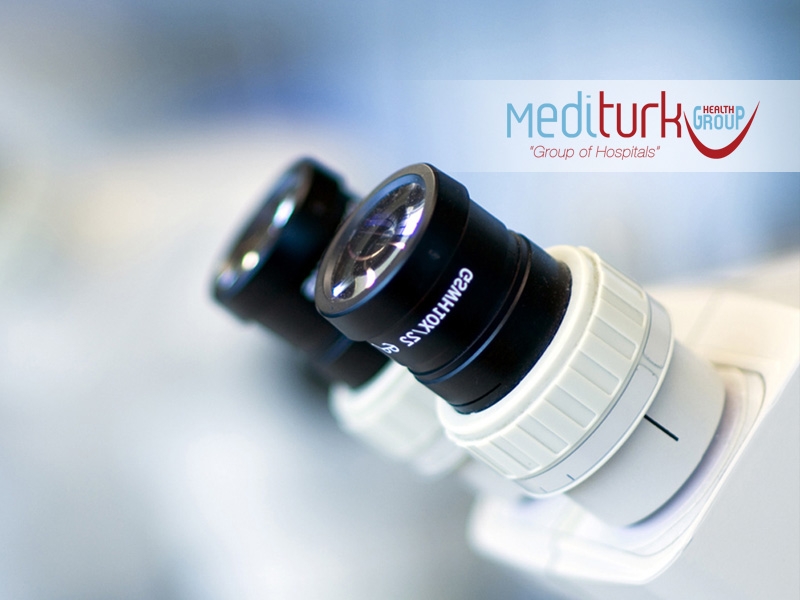- Executive Healthcheck
- ENT
- Chronic Diseases
- Alternative Medicine
- Cosmetic/Plastic Surgery
- Dentistry
- Detox
- Addiction Treatment
- Anti Aging
- Ayurveda
- Cancer Treatment
- Eye/Lasik Care
- Fertility Treatment
- Gynecology Treatment
- Hair Transplantation
- Heart Care/Surgery
- Infertility / IVF
- Laparoscopic Surgery
- Laser Surgery
- Medical Spa Treatment
- Neurology
- Obesity/Bariatric Surgery
- Organ Transplant
- Orthopedic/Knee Surgery
- Pediatric Treatment
- Rehabilitation
- Robotic Surgery
- Skin Care
- Spine Care/Surgery
- Sports Medicine
- Stem Cell Therapy
- Urology
- Vascular Surgery
- Yoga/Meditation
Urology

Urology and the study of urinary function may also involve study in other fields, including nephrology, gynecology, and oncology.
The field of urology can be broken down into further categories including:
Endourology - minimally invasive surgical procedures of the urinary tract
Laparoscopy - robot assisted surgery of the kidneys, prostate, and ureters as well as other urinary organs
Urologic oncology - a field that specializes in the diagnosis and surgical treatment of cancers of the bladder, kidneys, prostate, male reproductive organs and ureters.
Neurourology - a field focusing on nerves and nerve impulses as well as nervous system function that affects the genital urinary system. Conditions such as Parkinson's disease, other neuromuscular skeletal disorders, and spinal cord injuries can affect urinary tract function.
Andrology - a specialty focusing on the male reproductive system and includes infertility, erectile dysfunction and male sexual disorders
Female-focused urology deals with conditions such as pubic organ prolapse, urinary incontinence, and overactive bladders.
Common Urological Procedures
Dozens of tests and procedures are utilized by physicians and specialists to diagnose and treat urological problems. Among the most common include:
Computed Tomography (CT) kidney scan
Cystography
Cystoscopy
Cryotherapy for prostate conditions
Kidney scans or biopsy
Kidney ultrasound
Intravenous pyelogram
Lithotripsy - a non-invasive procedure to treat kidney stones
Transurethral resection of the prostate (TURP)
Vasectomy
Circumcision
A CT scan is a type of diagnostic imaging that blends traditional x-ray diagnostics with computer technology to create cross section images of the body. These images are called slices, and include dimensional views of all parts of the body, including organs, muscles, fat and bone.
CT scans can be done with or without contrast materials commonly injected into an IV or intravenous line. Such dyes or contrast enable the physician to more clearly define and analyze specific organs or tissues.
Some of the most common techniques to diagnose problems with the kidneys include:
KUB x- rays
Renal angiogram
Renal angiogram
Kidney ultrasound
A lithotripsy is a noninvasive procedure that treats kidney stones. Shock waves or ultrasonic energy are directed over the stone's location after undergoing a procedure called fluoroscopy or ultrasound.
Transurethral resection of the prostate, also known as TURP, is a relatively common procedure that removes a portion of the prostate gland through the penis, requiring no external incision. Other methods of removing portions of or the entire prostate gland, called radical prostatectomy, may be performed through a retropubic or perennial approach.
A vasectomy is commonly performed on men as a form of birth control. The procedure involves the severing of the vasa deferens or the tubes which carry sperm from the testicles through semen via the seminal vesicles. These tubes are severed, tied off, and then cauterized to prevent sperm from entering the semen. The testicles will continue to produce sperm, where they die and are absorbed back into the body.
Cryosurgery is a less invasive surgical procedure for removal of the prostate gland that utilizes needles inserted into the skin between the male genitals and the anus for prostate removal.
Benefits of Urological Procedures
Urological procedures, treatments and surgeries benefit a number of individuals who may be experiencing difficulty with urinary continents or bladder control. Men diagnosed with prostate enlargement, disease processes, or cancers may benefit from non-invasive as well as traditional methods of treatment. Men and women suffering from kidney infections, disorders and disease processes also benefit from the knowledge and experience of the trained urologist or specialist in the field of urology.
Finding a Surgeon
A urologist is a doctor who has specialized in training in branches of surgery to the kidneys, bladder, or urethra, male reproductive organs or pelvic surgery. Choose a surgeon who has undergone basic and comprehensive education in general surgery, who then undergoes additional training in urology, a surgical subspecialty. He or she should be approved to practice in accredited healthcare facilities or hospitals. Specialists should be experienced and knowledgeable regarding specific conditions.

